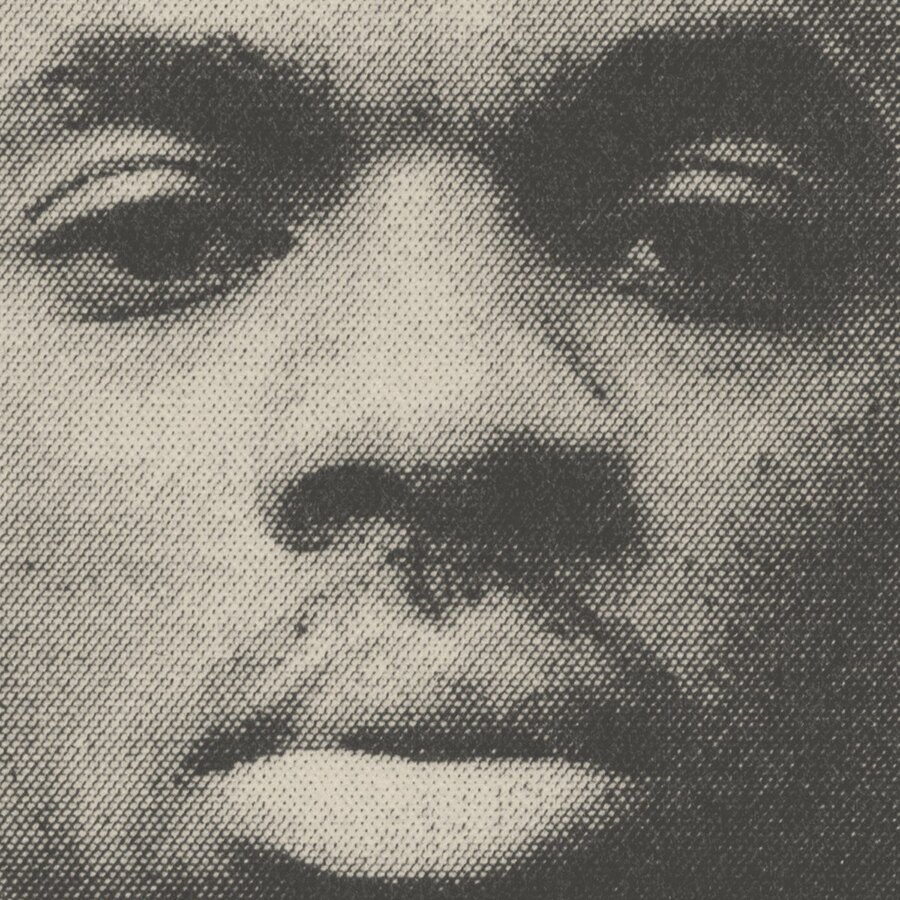
Vince Staples
Vince Staples
2021 • HIP-HOP/RAP • Blacksmith/Motown/EMI
Vince Staples’ new self-titled album is his least compelling project so far, yet its authenticity sheds a light on one of the most important names in today’s experimental hip hop landscape, uncovering an honest self-portrait of the Long Beach rapper.
Counting with yet another production work by acclaimed producer Kenny Beats, Vince Staples is mostly stripped back, hence throwing Staples’ rapping to the center of the stage. Although not as impressive as other projects Kenny Beats has had his hands on, its production should not be overlooked by what at a first listen may come off as uninteresting and bland, as relistens will disclose sharp production details that were perhaps overshadowed by the primary 808 kicks. The new Staples record may lack FM!’s eclecticism or Big Fish Theory’s vigor and dynamism given by the extraordinary production by SOPHIE, Flume, and Jimmy Edgar, but the uncluttered melodies and beats suit the different approach Vince chose to take in the making of his fourth studio album.
Vince’s choice to release this record as self-titled is congruent with the general shift in the themes and the angle they are portrayed from. A focus is drawn to personal recollections, concerns, and reflections that feel as genuine as they can get. The album explores the rapper’s background from a different standpoint — unlike Vince’s previous projects, self-titled takes a more authentic approach at the true realities of gang violence and its differences from Hollywood constructed and digestible narratives that romanticize ‘hood culture. This prevails as a divergence point from the hip hop culture, which Staples had already identified back in a 2012 interview with The Guardian. He states that he does not feel part of the hip-hop world that now celebrates his work — “I didn’t grow up with people breakdancing, I come from gang culture.” This record works as a reflection of that feeling.
The album highlights are undoubtedly both its singles. In the first track, “Are You with That?”, a slow-paced beat is enhanced by melodic and dreamy synths, while Staples echoes his experiences while growing up in a low-income neighbourhood in Long Beach. The question asked feels almost directed to his younger self, yet there is no disappointment or regret, as his lifestyle was not exactly a choice, but something that was imposed upon him. Staples is familiarized with this reality, and is vocal about his frustration with its fetishization by mainstream culture. References to deceased friends come up often, while a seemingly inoffensive “dead homies!” intone is repeated throughout the album. In “Sundown Town” Vince mentions the fear he still feels while in completely contrasting settings after his success as an artist, “When I see my fans, I’m too paranoid to shake they hands / Clutchin’ on the blam, don’t know if you foe or if you fam.” Later on, in “Take me Home” in-between lo-fi guitar pickings and a relaxed beat, we can hear the line “When it’s quiet out, I hear the sound of those who rest in peace.” The themes portrayed throughout the album prove the mellow and laid-back production’s pertinence. The focus must be on the lines delivered. A production work like the one on Big Fish Theory would probably threaten the listeners’ attention to the lyrics, undoubtedly the paramount part of this project. Vince wants to be listened to. Such intimacy and sincerity demand a conscious, attentive listener and a certain earnestness.
Yet, while Kenny’s production shines in tracks like “Law of Averages” or the closing “MHM,” others as “The Shining” or “Taking Trips” seem to lack any substance, ultimately feeling somewhat bland, which by failing to hold the listeners’ interest consequently shadow the rapper’s bars and rapping performance. Some moments hence end up feeling like unexceptional lo-fi productions, which gravely undermines the project as a whole, for no matter how notable Vince’s performance may be, it needs a solid ground that matches its energy. This foundation occasionally lacks here and there in Vince Staples, while the interludes seem to have been purposefully added to fill some more substanceless moments.
The 22-minute record is a short yet intense listen. While the production may not be anything close to ground-breaking, and some moments may fall a little flat, Vince Staples was never this intimate and honest. Closing the 2012 interview already referenced here, Vince states, “I’m not worried about hip-hop culture. I’m worried about people, and where I come from. I don’t really care to be a rapper. I’d rather just be myself.” With his newest album, Vince has painted the truest picture of the place he comes from and unquestionably managed to be the most himself so far.
